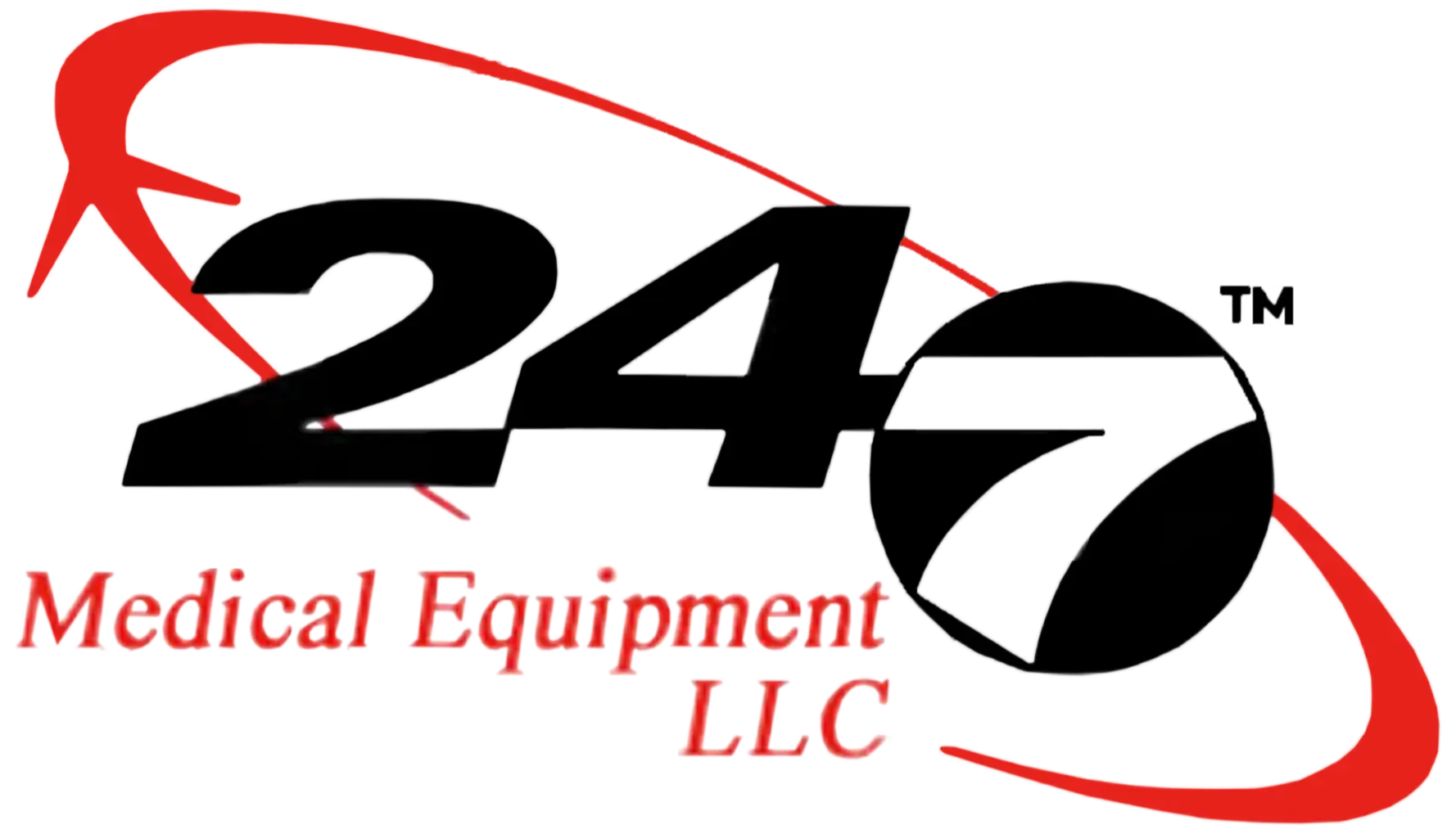What is a Developmental Disability?
 Developmental disabilities are a group of conditions due to physical, learning, language, or behaviour impairment. These conditions begin during the developmental period, may impact day-to-day functioning, and usually last throughout a person’s lifetime. Examples of developmental disabilities include cerebral palsy, muscular dystrophy, and autism, to name a few.
Developmental disabilities are a group of conditions due to physical, learning, language, or behaviour impairment. These conditions begin during the developmental period, may impact day-to-day functioning, and usually last throughout a person’s lifetime. Examples of developmental disabilities include cerebral palsy, muscular dystrophy, and autism, to name a few.
Symptoms of Developmental Disabilities
Children with developmental disabilities do not reach certain developmental milestones. Children reach milestones in how they play, learn, speak, behave, and move (for example, crawling and walking). Children develop at their own pace, so it’s impossible to tell exactly when a child will learn a given skill. However, the developmental milestones give a general idea of the changes to expect as a child gets older. A child not meeting the milestones for his or her age may be a sign of a developmental disability.
What Causes a Developmental Disability?
Most developmental disabilities are thought to be caused by a complex mix of factors. These factors include genetics; parental health and behaviours (such as smoking and drinking) during pregnancy; complications during birth; infections the mother might have during pregnancy, or the baby might have very early in life; and exposure of the mother or child to high levels of environmental toxins, such as lead. For some developmental disabilities, the cause is never known.
How is a Developmental Disability Diagnosed?
A child’s growth and development are followed through a partnership between parents and healthcare professionals. At each well-child visit, the doctor looks for developmental delays or problems and talks with the parents about any concerns the parents might have.
This is called developmental monitoring. Any problems noticed during developmental monitoring should be followed up with developmental screening. Developmental screening is a short test to tell if a child is learning basic skills when he or she should or if there are delays.
How is a Developmental Disability Treated?
No one treatment works for every child with a developmental disability. Any treatment plan will consider this uniqueness and be designed to focus on individual needs. Early intervention services are the main treatment theme, but any underlying conditions that have led to developmental delay will also need to be treated. Early intervention services may include:
- Speech and language therapy
- Occupational therapy
- Physical therapy
- Behaviour therapies, such as those used to treat autism and behavioural issues
In addition, if there are other disabilities present, medical or surgical treatments may be required to manage those conditions.
The prognosis for a Developmental Disability
The child’s progress depends in large part on the underlying diagnosis of the developmental delay. Early identification and treatment will optimize a child’s progress. Some children may “catch up” to peers over time, while others may have disabilities that persist into adulthood. Many of these adults may be independent in their function, some individuals may have a mild disability requiring limited societal support, and others may require extensive support due to the extent of their disability.
A minority of children might be diagnosed with a “progressive” condition (one that causes further injury to the nervous system over time). The child may plateau or regress in their development due to that condition. Still, with support, the child’s function can be optimized.
Mobility for Those with Developmental Disabilities
Some children with developmental disabilities require the use of a specialized power wheelchair. Quantum Rehab, the global leader in individualized power chairs, emphasizes mobility technologies specific to the needs of those with developmental disabilities. Power Chairs incorporate power-adjustable seating for user repositioning and comfort, speciality drive controls, including those requiring minimal hand strength, and a highly-adaptable design to meet an individual’s current and future needs.
Quantum Power Chairs feature the latest advanced technologies to increase the independence of those living with developmental disabilities. iLevel seat elevation technology allows a user to operate the power chair at a seated or standing height. Bluetooth is also integrated into Quantum’s Q-Logic 3 electronics, so those with developmental disabilities can operate much of their environment with the power chair drive control itself. For those with developmental disabilities, power chairs are designed to provide optimal medical comfort and maximum independence.
Solution
The Quantum Edge 3 with industry-first 4.5 mph at iLevel, offers the most advanced power chair experience ever. Q6 Power Chair Series, which includes the Edge 3 and Q6 Edge 2.0 power chairs, provide highly adjustable mid-wheel drive power bases.
The Q6 Edge 2.0 all accept our optional iLevel technology, which offers up to 12 inches of lift at 4.5 mph. The 4Front is a quiet, more responsive front-wheel drive power chair that features automotive-grade suspension with unprecedented comfort and rides quality.
